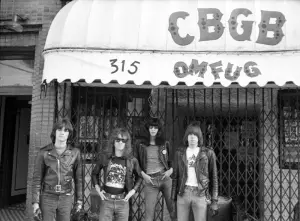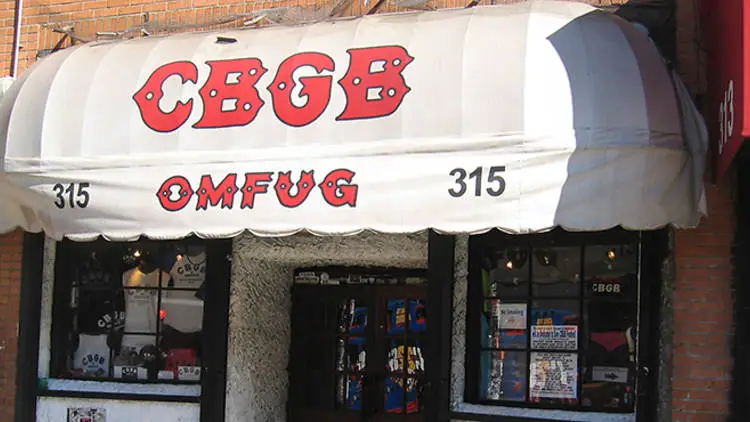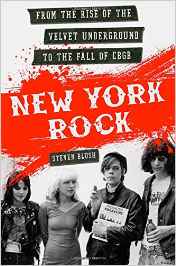
Is the Real Source of Punk Rock the Miserly Result of a Cheapskate? Maybe.
When you operate a business that involves playing other people’s’ music, you have to pay for the privilege. Radio stations, for example, pay a series of fees to a variety of performing rights organizations (PROs) so they can play music on the radio.
If a restaurant plays music in their space, they have to pay. So do spas, hair salons, stores–anywhere where music can be heard by the public. The amount due to an organization like SOCAN or ASCAP depends on a variety of factors including the size of the space, the annual revenue of the company and the number of speakers used to broadcast this music.
Music is also heard in stadiums, arenas, bars and dance clubs are also where music can be heard. A place like the Air Canada Centre has a blanket performance license that covers pre-recorded music (like what’s heard during Leafs and Raptors games) and live music (for concerts). Same thing for dance clubs and bars.
There are ways to get around paying these fees. The first is to not feature any music at all. The second is to restrict the kind of music that gets played. Which brings me to Hilly Krystal, the founder of CBGB, the flophouse bar in New York that became ground zero for the birth of punk rock in the middle 70s.
When, in 1974, Hilly began allowing new bands to transform his biker bar into something more inclusive, he laid down just two rules. (1) Bands had to move their own gear; and (2) they could only play original material. It’s this second rule that I find most interesting.
On the surface, it seems that by instituting the “no covers” law, Hilly was trying to foster creativity and the birth of a new music scene. The truth is much more practical. If acts only performed originals, then Hilly would be exempt from paying ASCAP and BMI fees. In other words, he was too cheap to pay a couple hundred bucks a year to the PROs.
Let’s think about that for a second. Had he been a little more generous with his expenses, would CBGB (and by extention, New York punk) have grown into what it became? Just askin’.
Here’s the article from Music Think Tank that got me thinking.



